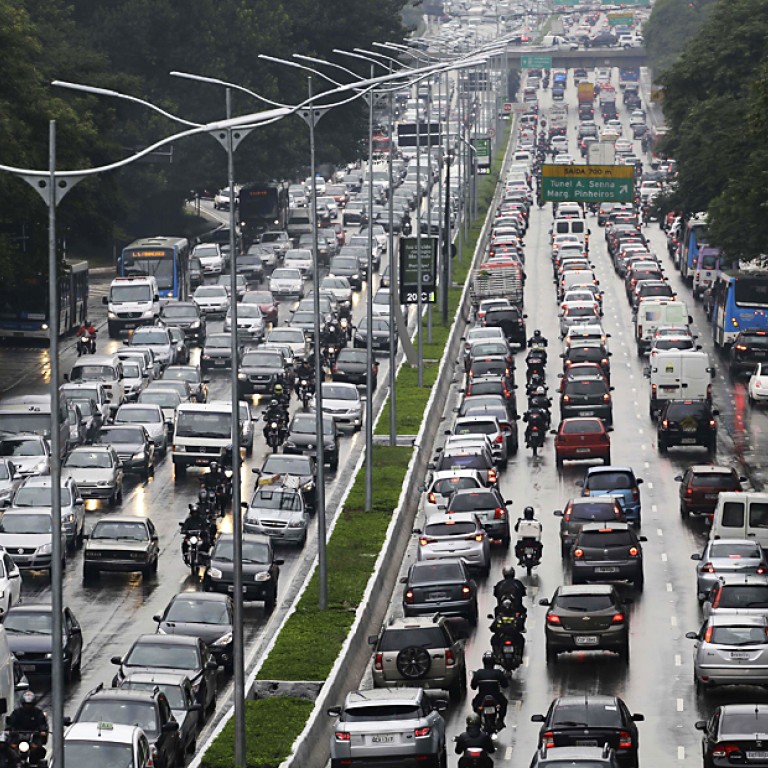
Insurers have millions at stake at World Cup
Major risks lie in cancellation or postponement of soccer matches due to traffic congestion
When the World Cup in Brazil kicks off on Thursday, soccer fans will not be the only ones watching keenly - insurance professionals are also keeping an eye on the tournament.
While football fans of various stripes from Algeria to Uruguay root for their favourite teams in Brazil, insurers that offer event cancellation insurance are wondering if the World Cup can go ahead as scheduled.
Andrew Duxbury, an underwriting manager for special risks with Munich Re who has handled event cancellation insurance for the Olympic Games and the World Cup in the past decade, said each city faced different risks in handling major events.
In Brazil, one of the risks that could result in match cancellation or postponement may come from traffic jams. With matches spread out in 12 cities around the country, it will be a challenge for football players and their ardent supporters to navigate among the venues.
Duxbury says total event cancellation insurance coverage for this year's World Cup will be about US$2 billion, which would cover the cost of ticket refunds and hotel cancellations and losses at television stations if matches were called off.
At the 2012 London Olympics, an anticipated risk was from gridlock, which could have been caused by chaotic traffic jams on an ordinary day, but fortunately, everything went smoothly. At the 2008 Beijing Olympics, the major worries were about earthquakes, which also did not happen.
During the 2011 rugby World Cup in New Zealand, the relocation of games after a tremor hit Christchurch triggered insurance claims.
Event cancellation insurance emerged only in the late 1960s, when television broadcasts of sport events became popular. This year's World Cup is expected to be watched by more than a billion spectators worldwide, about one in six people on the planet.
The television stations that pay millions of dollars for the rights could seek compensation from the organisers if matches were postponed or cancelled, and advertisers could file claims with the stations for refunds.
The insurance coverage for events has been rising over the years. Munich Re's exposure to event cancellation insurance for the Brazil World Cup is US$400 million, which is higher than the US$350 million for the World Cup held in South Africa in 2010.
The insurer has offered event cancellation insurance for World Cups and Olympic Games for more than 50 years, providing €350 million (HK$3.7 billion) in coverage at the 2012 Olympics.
Only one Olympic Games triggered insurance claims, but it had nothing to do with traffic or earthquakes.
The 1980 Moscow Games gave rise to claims when the United States led other countries in a boycott after the then Soviet Union invaded Afghanistan.

